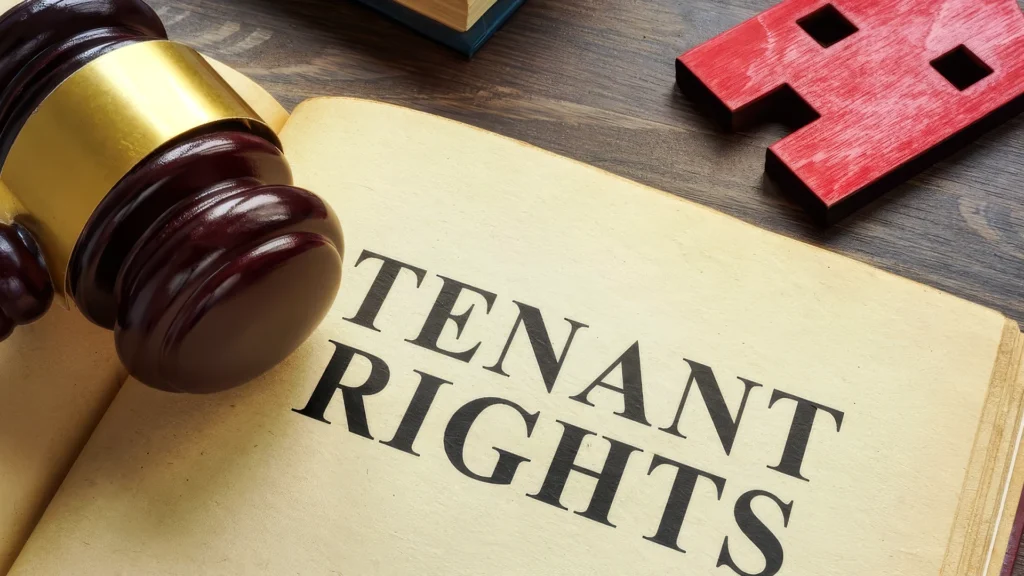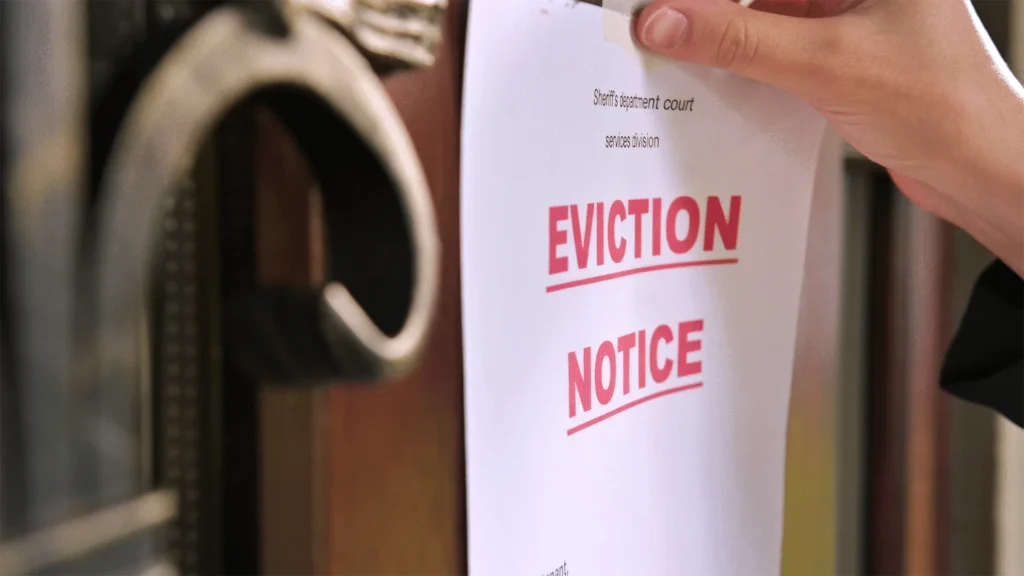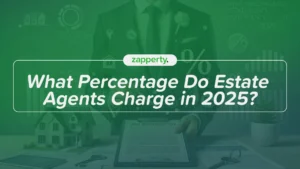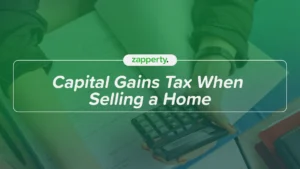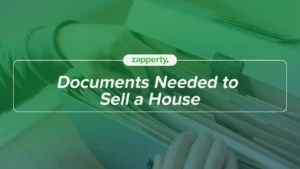When you’re renting, you can’t always control as much as you’d like. Sometimes, landlords can decide to sell their property, and this can be extremely unsettling for tenants. A lot of people aren’t aware of their rights when this happens. But don’t worry; we’re here to ensure you’re well-informed.
When it comes to buying or selling a property with tenants in place, some laws and procedures must be followed. These are designed to protect tenants and ensure they aren’t unfairly evicted, as well as protect landlords from potential legal trouble.
In the current market, costs and changing legislation have prompted many landlords to weigh up their options. At the same time, as demand and house prices in London and other major cities continue to rise, owners may be looking to cash in. In other cases, sometimes a landlord dies or becomes sick, and the new owners want to make a sale quickly.
However, if you’re a tenant in situ who has learned your home is being sold, it can be a stressful time. This post sets out your rights as a tenant if your landlord chooses to sell, as well as your responsibilities during the process.
Understanding Tenant Rights When a Landlord Sells The Property
Landlord Is Selling The House, What Are Tenant’s Rights?
A landlord is legally entitled to sell a house with tenants in it. However, all existing agreements and obligations between the landlord and the tenant roll over to the new owner, who becomes the new landlord.
There is no legal requirement for tenants to leave during or after the sales process. The tenancy continues completely as before, and the current occupiers are allowed to stay there until their tenancy agreement runs out. The new landlord also takes over the deposit protection.
Some tenants are asked to sign a new tenancy agreement, often with increased rent or reduced duration. However, the tenant has no obligation to sign a new agreement.
New Landlord Personal Info
The existing owner must tell the tenants about the sale and inform the potential buyer that the house is rented out. Tenants also have the legal right to know the name and address of their new landlord and the date they made the purchase, so this info must be provided within two months of completion.
According to Section 48 of the Landlord and Tenant Act 1987, rent isn’t lawfully due until the tenant has the name and address of the new landlord. However, as soon as that is given, any outstanding rent is immediately due, so keep it available to be used.
Rent Changes When A Landlord is Selling a House
There are no changes to your tenancy agreement when your landlord sells the house. The new landlord cannot raise your rent or demand you sign a new tenancy agreement until the existing one expires. The only exception to this is if your existing agreement has a rent review clause in it and/or if you agree to it.
The new landlord also takes over responsibility for your deposit and it must remain protected in a Deposit Protection Scheme. The tenant doesn’t have to do anything here, but compensation can be claimed if their deposit is unprotected at any stage.
According to Shelter, you can claim 1-3 times the total deposit amount if a landlord fails to:
- protect your deposit within 30 days of receiving it
- give you written information within 30 days
- keep your deposit protected throughout the tenancy
Ending The Tenancy & Section 21 “No Fault Evictions”
If a landlord wants to end the tenancy, then they have several options.
Section 21 evictions are the most common and are often called “no fault evictions” as the landlord doesn’t have to give a reason. An S21 notice:
“allows a landlord to evict a tenant by providing them with two months’ notice once their fixed term contract has come to an end.”
For example, if you’re on a fixed-term contract that ends on the 1st of January, the landlord cannot issue a Section 21 notice until that date, and they must give you two month’s notice from then. So in this instance, you’d need to have left by the 28th of February.
If the contract has a break clause, then the S21 can still be issued, but not within four months of the start date. Also, if the rent is paid in intervals of more than two months, such as in three or six-month chunks, the notice period must be equal to that.
A landlord can also serve a Section 8 which will end a tenancy early regardless of the contract length, but they must provide grounds for doing so. These can include rent arrears, antisocial behaviour, damage or breach of contract, among others.
How Much Notice To Give A Tenant When Selling A House?
The owner or landlord doesn’t have to give the tenants notice when they are selling their property. However, it’s reasonable and fair to keep tenants updated with what’s going on. Also, ensuring the process is amicable helps with arranging viewings, surveys and valuations.
In any case, a landlord has to provide at least 24 hours’ notice in writing to the tenant if they (or an estate agent etc.) want to enter or inspect the property. However, the tenant is within their rights to ask to rearrange if the proposed time isn’t suitable for them.
Tenants can refuse to allow anybody to enter, even the landlord, as they have the legal right to quiet enjoyment of the property. Tenants don’t have to allow viewings, even if it says so in their tenancy agreement, but a landlord could issue an S21 to evict them from the property and this may affect future references.
In most cases, keeping things open and amicable suits the buyer, seller and tenant best. However, everybody should ensure all communication is in writing to avoid confusion and future issues.
Are you a landlord looking to sell a property with tenants in situ? Read our helpful step-by-step buy to get you started.
Tenant Options and Protections
As we’ve discussed, you don’t have to leave the property during or after the sales process until your tenancy agreement says so. But if you’ve been served a Section 21 or have found yourself with short notice to find new accommodation, you do have options.
- Speak to your council. Your local council may be able to help you find new accommodation or support you if you think you are being unfairly or unlawfully treated.
- Citizens Advice. Like your council, Citizens Advice may be able to help you with all matters related to housing.
- Shelter or Other Housing Charities. Will be able to provide support and guidance through the process to ensure you don’t end up homeless.
Of course, if you’re a tenant and learn your landlord is selling the property, you could try to buy it yourself. Regardless of what happens with any sale, remember that you have no obligation to leave or sign a new tenancy agreement. Knowing your rights as a tenant ensures you will not be treated badly or illegally.
If your landlord is selling up though, it’s always best to be amicable and helpful to ensure a smooth process, and make sure you document everything. If you’re looking to sell your home or property quickly, contact Zapperty today for a free cash quote within 7 days.

